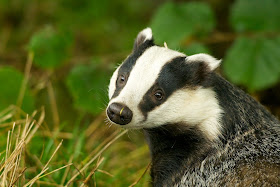Due to a very late cancellation from a photography workshop provider, we had a free day in the diary for September. All our current photo days in that month have been fully booked for a while, and so we have made this free day in to another BWC Photographic Day.
For more details on our photo days have a look on the main website, and if you are interested then email or phone the main office to book a place.
After the post earlier this week reminding you all of our photo competition, and a few links to our other BWC groups on the internet, I have been asked a few times at work about how the blog is doing.
I must confess I forget, but apparently I have on occasion updated everyone on how this blog is growing and it seems a lot of you are keen to know and follow that side of things too.
I have checked the most recent stats this morning, and can say we have now risen to just below 200 independent hits a day on average for the BWC Blog, with this increasing more on the days we actually put up a post... Wow! It is amazing to think how much it has grown since its very humble beginnings, and I thank you all for the support.
With this success, it does mean that I often get asked by the office to post things up here, such as the blatant photo day plug above and competition reminder earlier this week. But I am wary to keep the blog true to why I originally started it... animal news and related around the BWC.
With that in mind, and with the animal front being a little quiet at the moment, there will be a post early next week to help promote a new project owner, David Mills, is currently working on. It does involve our animals, and it is geared towards education as always... that is all I will say for now and more will be revealed next week!
This will then follow with updates on our youngsters, new arrivals and some exciting news on the red squirrel front.
































